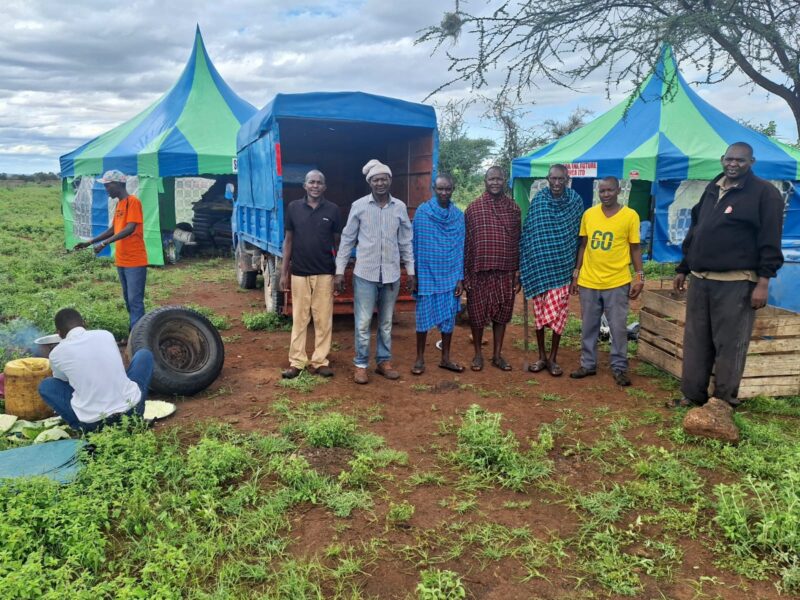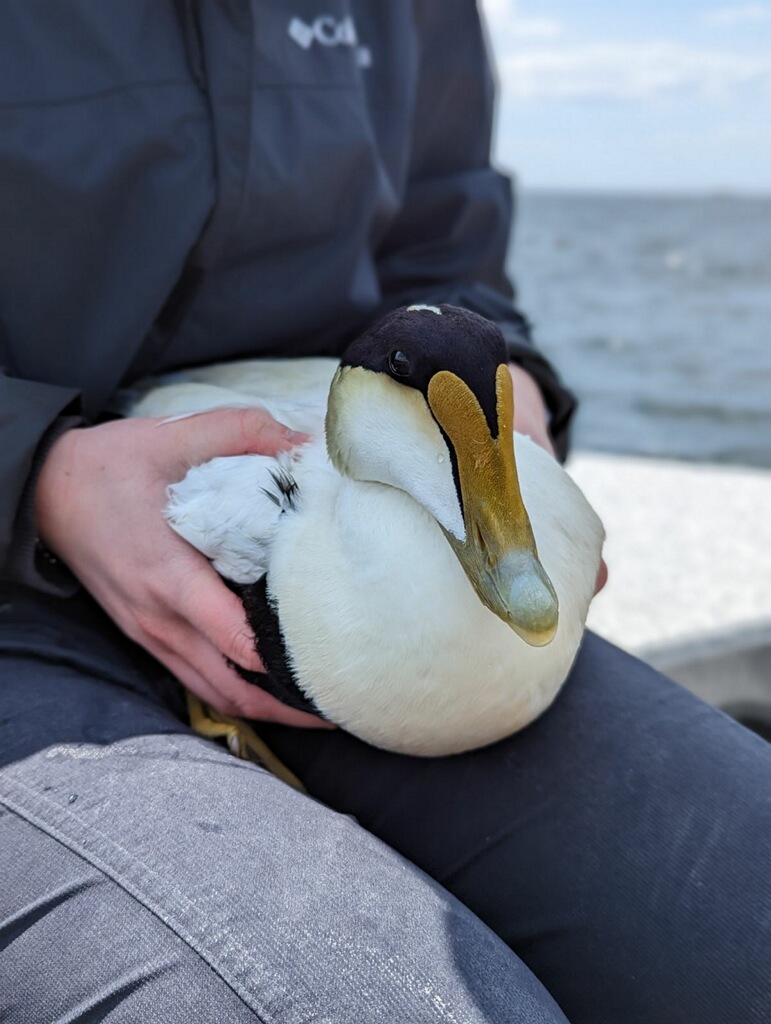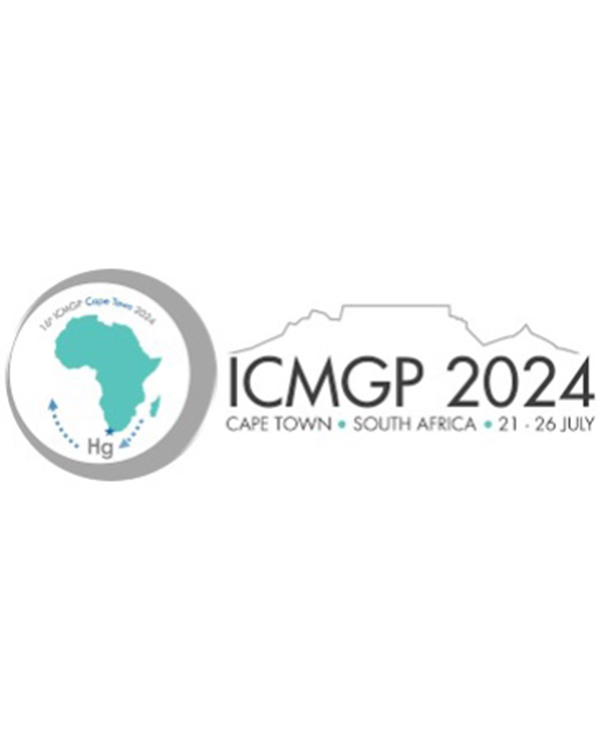Biodiversity Research Institute

Who We Are
Who We Are
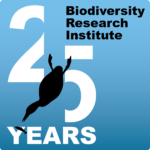 Biodiversity Research Institute (BRI), headquartered in Portland, Maine, is a nonprofit 501(c)3 ecological research group whose mission is to assess emerging threats to wildlife and ecosystems through collaborative research. We use scientific findings to advance environmental awareness and inform decision makers.
Biodiversity Research Institute (BRI), headquartered in Portland, Maine, is a nonprofit 501(c)3 ecological research group whose mission is to assess emerging threats to wildlife and ecosystems through collaborative research. We use scientific findings to advance environmental awareness and inform decision makers.
Where We Are
Our research team works across the globe with dedicated conservation biologists conducting studies and working with countries in nearly every corner of the world. From 2015 to 2024, BRI has completed country assessments for the Minamata Convention for 36 countries – often times those assessments included the generation of new mercury data in air, soil, sea turtles, fish, birds and mammals. This worldwide presence strengthens our ability to conduct comprehensive and collaborative research and monitoring that then enables our team to gather local data, engage with regional experts, and respond rapidly to global issue. Mapped locations are color coded by BRI’s four Centers of excellence, with stars indicating current project. Future projects in development are without stars. Blue: Center for Climate Change and Conservation; Purple: Center for Mercury Studies; Orange: Center for Waterbird Studies’ Green: Center for Research on Offshore Wind and the Environment
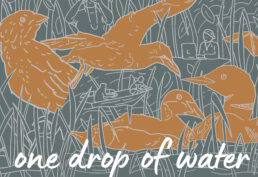 To celebrate BRI’s 25 anniversary, we launched a new quarterly e-zine we titled One Drop of Water. This new platform features stories about our science, our scientists, and the critical intersection where science informs policy.
To celebrate BRI’s 25 anniversary, we launched a new quarterly e-zine we titled One Drop of Water. This new platform features stories about our science, our scientists, and the critical intersection where science informs policy.
The March issue is out now! In addition, we will share monthly insights from our very own poet in residence, Jeff Fair, who contributes a column called Field Notes from a Backcountry Biologist.

BRI’s Centers of Research
BRI’s research capabilities have grown in response to pressing ecological issues, from the ability to study the natural history of loons to the development of new technologies that enable researchers to predict risks due to climate change and human development.

News and Features
May 2024![]()
![]()
![]()
![]()
![]()
![]()
![]()
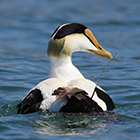
BRI’s eider and eagle sampling research is featured in new article in the Portland Press Herald. The article details the sampling efforts undertaken by BRI staff to provide a breakdown of the amount of chemicals in each bird’s bloodstream. The research aims to help chart the trajectory of PFAS through the aquatic food web, shedding light on the potential health implications for avian species.. Read the full article here, and learn more about BRI’s waterbird studies here.
April 2024![]()
![]()
![]()
![]()
![]()
![]()
![]()

A new paper, Global mercury concentrations in biota: their use as a basis for a global biomonitoring framework, has been published in Ecotoxicology. The paper describes for the first time currently available biotic mercury (Hg) data on a global scale to improve the understanding of global efforts to reduce the impact of Hg pollution on people and the environment. Data from the peer-reviewed literature were compiled in the Global Biotic Mercury Synthesis (GBMS) database (>550,000 data points), and these data provide a foundation for establishing a biomonitoring framework needed to track Hg concentrations in biota globally. Read more here.
April 2024![]()
![]()
![]()
![]()
![]()
![]()
![]()
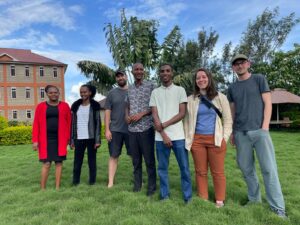
BRI is starting the second year in a row conducting biodiversity surveys for the Kajiado Rangelands Carbon Project (KRCP) in Southern Kenya. This year, more staff have have added with greater expertise on vegetation, dung beetle, and grasshopper identification – three key indicators of this project that focus on making changes in livestock grazing management practices to remove carbon from the air and put it in the soil. BRI staff will be working with local taxonomic experts and staff from our partner organizations, Soils for the Future Africa and CarbnSolve.
February 2024![]()
![]()
![]()
![]()
![]()
![]()
![]()
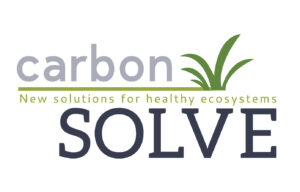 CarbonSolve, a partner of BRI and a leading global developer of rangeland carbon credits, announces the results of a long-term study that presents the first evidence that improved grazing practices implemented at the scale of traditional pastoralist migrations can remove a significant volume of greenhouse gases to soil carbon. This study, conducted by a team of scientists from various universities & organizations in the United States, Kenya, and Tanzania, was performed across more than two million hectares of rangeland in Northern Kenya. Read the full press release here.
CarbonSolve, a partner of BRI and a leading global developer of rangeland carbon credits, announces the results of a long-term study that presents the first evidence that improved grazing practices implemented at the scale of traditional pastoralist migrations can remove a significant volume of greenhouse gases to soil carbon. This study, conducted by a team of scientists from various universities & organizations in the United States, Kenya, and Tanzania, was performed across more than two million hectares of rangeland in Northern Kenya. Read the full press release here.December 2023![]()
![]()
![]()
![]()
![]()
![]()
![]()
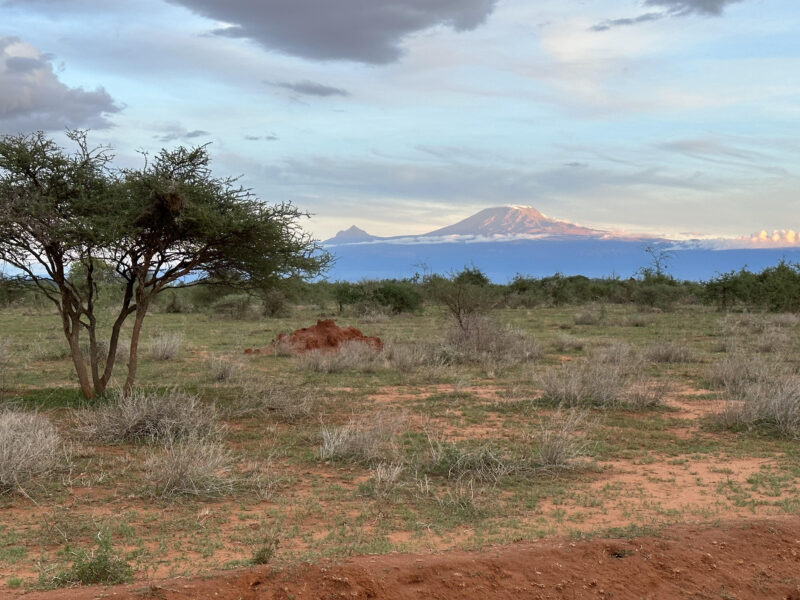 A new Newsweek article, “Storing Carbon in Kenya’s Soil Could Help Herders and Save the Planet” details the ongoing work of two BRI partners, Soils for the Future Africa and CarbonSolve to implement a 10 year soil carbon pilot project. The project has already succeeded in sequestering 8.5 million tons of carbon dioxide over eight years—roughly the equivalent of the annual emissions of more than 1.8 million cars in the U.S. Read the article here.
A new Newsweek article, “Storing Carbon in Kenya’s Soil Could Help Herders and Save the Planet” details the ongoing work of two BRI partners, Soils for the Future Africa and CarbonSolve to implement a 10 year soil carbon pilot project. The project has already succeeded in sequestering 8.5 million tons of carbon dioxide over eight years—roughly the equivalent of the annual emissions of more than 1.8 million cars in the U.S. Read the article here.
United Nations and BRI
BRI helps over 40 countries meet requirements for the Minamata Convention on Mercury by assisting with Minamata Initial Assessments and mercury inventories, reducing mercury use in artisanal and small-scale gold mining practices, and evaluating effectiveness through mercury biomonitoring.
BRI is an official member of the UN Global Compact and an accredited observer organization for both the Minamata Convention and the Convention on Biological Diversity, as well as an Executing Agency for UNEP.



